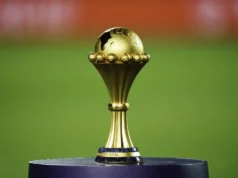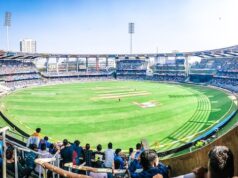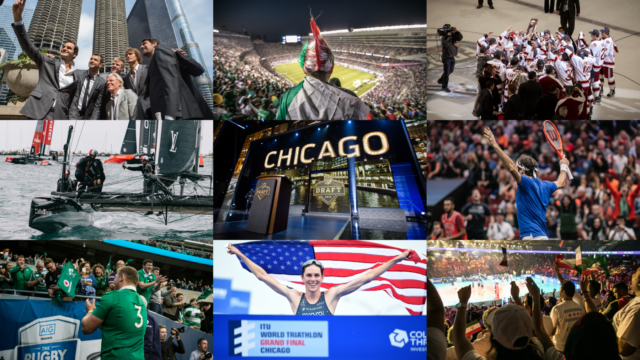
In Chicago, sports aren’t just pastimes; they’re part of the city’s identity. Athletic events and a wide range of sports are woven into the fabric of the community, affecting social interactions, local businesses, and even politics.
The Role of Different Sports
Baseball, basketball, and American football are more than just games in this city; they’re part of its identity. These sports have a strong influence, from social interactions to economic factors. People of all ages find common ground, irrespective of their backgrounds, creating a sense of community and unity.
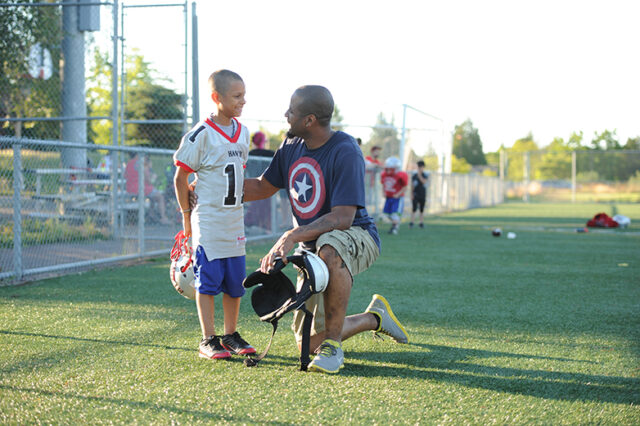
Neighborhood Teams
It’s not just professional teams that hold significance; local teams play an essential part in the community. Neighborhood leagues foster social ties and offer a communal space where residents can gather. These leagues often provide not only entertainment but also educational opportunities for youngsters.
Economic Impact
Sports also contribute significantly to the local economy. From ticket sales to merchandise and food vendors, sports events are a significant source of revenue. While the focus is generally on large-scale sporting events, even smaller venues and community leagues contribute to local businesses, offering a significant source of income and job opportunities.
Sports Betting and Its Influence
Sports betting has become an increasingly important factor in the cultural composition of sports in the city. Illinois sportsbook promos offer an incentive to the community to engage in such sports betting, hence shaping the cultural outlook on sports wagering.
Public Spaces and Infrastructure
Stadiums and sports complexes serve as more than just venues for games; they often become landmarks and cultural centers. Many of these locations also double as public spaces, hosting various other events and serving as communal grounds. They often feature memorabilia and history, acting as informal educational spaces.

Impact on Media and Journalism
The city’s sports have a considerable impact on local media. Newspapers, online blogs, and social media platforms are filled with commentary, analysis, and interviews related to sports. This also offers a career avenue for aspiring journalists who specialize in sports coverage.
Social and Racial Equality
Sports have often been at the forefront of discussions around social issues, including racial equality. They offer a platform for athletes and fans alike to voice their concerns and work towards more inclusive environments.
The Influence on Local Cuisine
One often overlooked area where sports intersect with culture is local cuisine. Sports events in the city often serve as catalysts for the popularity of specific foods. From hot dogs to deep-dish pizza, culinary traditions are often closely associated with attending games. Vendors near stadiums and sports bars adapt their menus to fan favorites, contributing to a food culture that complements the city’s sports culture.
Family and Traditions
Generational support for specific teams is a common phenomenon. From parents to children, the affinity for a team often runs deep within families, shaping weekends and even entire seasons of the year. The tradition of attending games, watching them together on TV, and even participating in sports creates a shared history within families. It can also offer an important bonding experience, connecting family members through a common interest.

Education and Scholarships
The importance of sports is often acknowledged in educational settings as well. Many schools in the city offer robust athletic programs, and not merely for the sake of competition. These programs provide students with opportunities for scholarships, allowing them to pursue higher education that might otherwise be financially inaccessible. Therefore, sports serve as a means of social mobility, encouraging academic achievement in addition to athletic prowess.
The Role of Fan Clubs and Communities
These organizations do more than just support their teams; they often engage in community service, fundraising for local charities, and educational outreach. The positive impact extends beyond the games themselves, adding another level of community involvement and social responsibility to the city’s sports culture.
Community Engagement Through Sports
Sports events, whether on a grand scale or local level, have the unique power to galvanize communities. They transform stadiums and fields into melting pots where people of different ages, races, and socio-economic statuses come together, united by a shared passion. Picture the electric atmosphere in a packed stadium where thousands chant in unison, celebrating a home run or a touchdown.
Moreover, many sports events are not just about competition; they serve as conduits for charitable activities. For instance, marathon runs often become fundraising opportunities for causes ranging from cancer research to children’s education. The annual “Race for the Cure” event in Chicago, for instance, has raised significant funds and awareness for breast cancer.
Cultural Exchange in Chicago’s Sports
Chicago’s rich sports culture is a mirror to its diverse population. With teams like the Chicago Bulls and the Chicago Cubs, the city’s sports scene brings together fans and players from myriad backgrounds, ethnicities, and traditions. A walk around Wrigley Field or the United Center reveals a tapestry of faces, each with their unique stories but united by their love for the game.
Games are also occasions where cultural practices shine. From the singing of anthems to traditional dances during halftime, sports events become stages for cultural showcases. For instance, the pre-game performances during the NBA’s Chinese New Year celebrations highlight traditional Chinese art forms, forging a connection between different cultures.
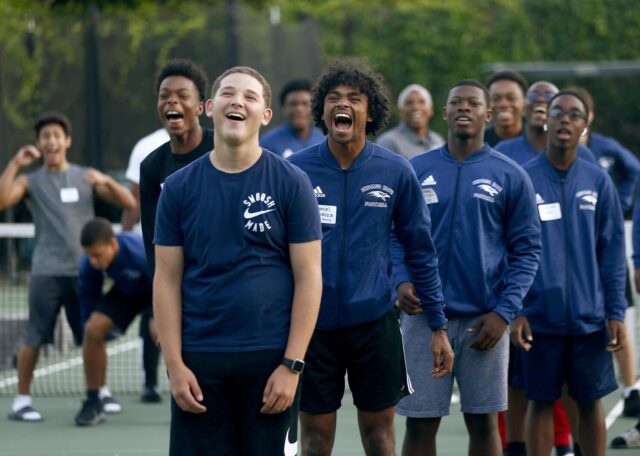
The Booming Sports Tourism in Chicago
Chicago’s sports events are magnets for tourists. Every year, thousands flock to the city, their enthusiasm palpable, whether they’re here for a major league game or a niche sports championship. This influx is a boon for local businesses, especially those in the hospitality sector. According to Choose Chicago, the city’s official tourism organization, major sports events have consistently contributed to spikes in hotel bookings.
Tourists don’t just come for the games. They immerse themselves in the entire experience: the local food vendors selling Chicago-style hotdogs, the memorabilia shops, and the guided tours of historic sports venues. Their senses are treated to a cacophony of cheering fans, the smell of fresh popcorn, and the sight of iconic stadiums against Chicago’s skyline.
Environmental Consciousness in Sports
There has been a growing awareness about environmental issues, and the sports community in Chicago is no exception. Many stadiums and teams have started to adopt eco-friendly practices, from recycling programs to energy-efficient facilities. This has led to an increased sense of environmental responsibility among fans as well. So, sports have started to serve as a platform for environmental awareness, adding another dimension to their cultural significance.
Technological Innovation and Sports
Technology is changing how we interact with sports, both as spectators and participants. Advanced equipment, performance analysis software, and fan engagement platforms are now integral parts of the sporting ecosystem. This marriage of sports and technology is not only elevating the level of play but also creating new ways for fans to engage with their favorite teams and athletes.
Health and Wellness
Finally, the encouragement of sports at a young age fosters healthy lifestyles. Community centers and schools emphasize physical education, influencing long-term well-being and encouraging a balanced lifestyle.
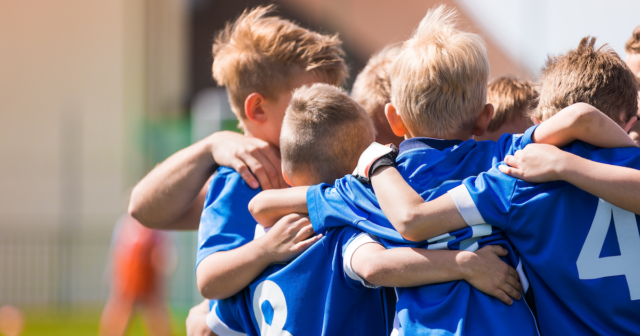
The Bottom Line
Sports are more than mere games in Chicago; they are cultural events that unify diverse communities. The city’s sports history has spawned traditions and rituals that locals hold dear, reinforcing the notion that sports are a mirror of the society they represent.


